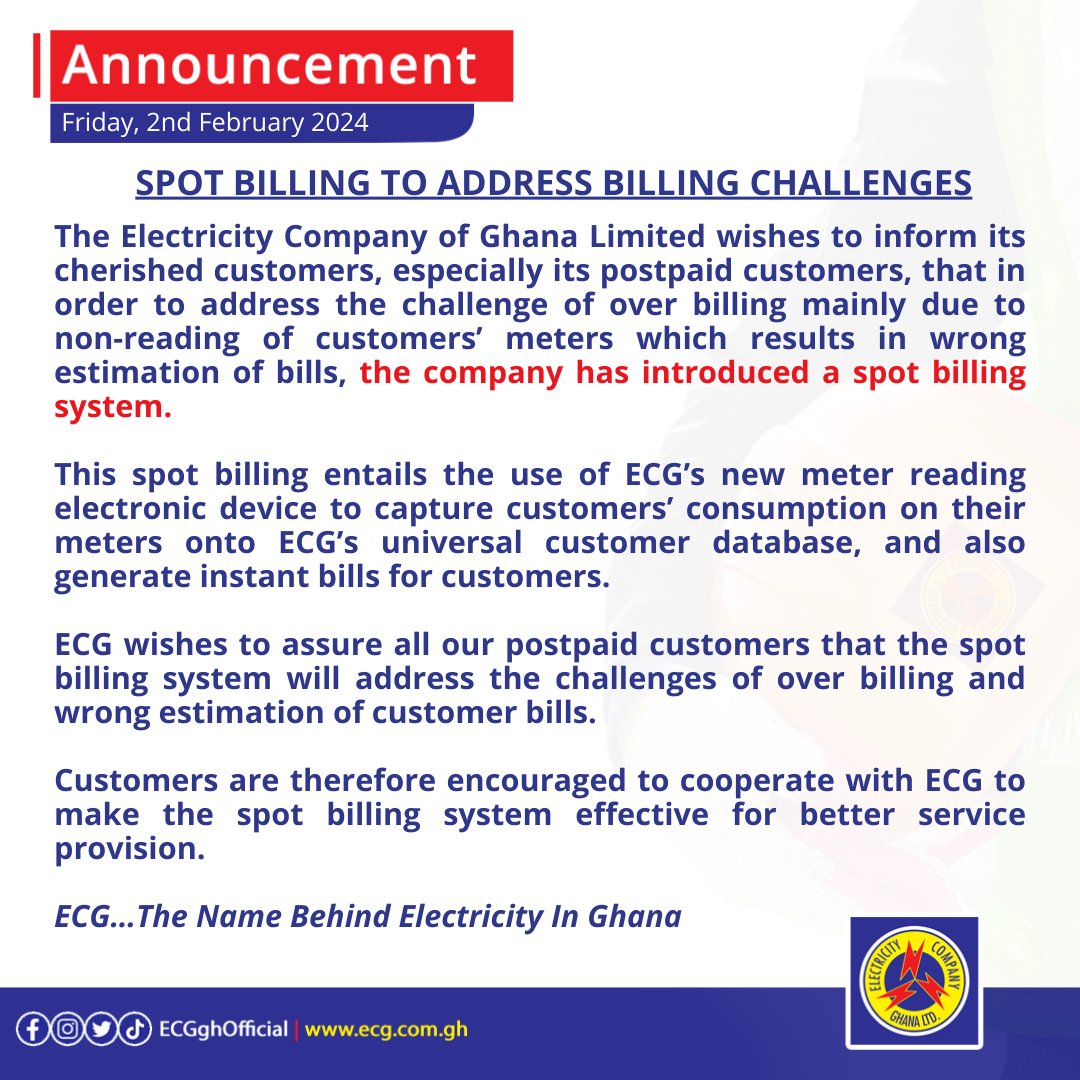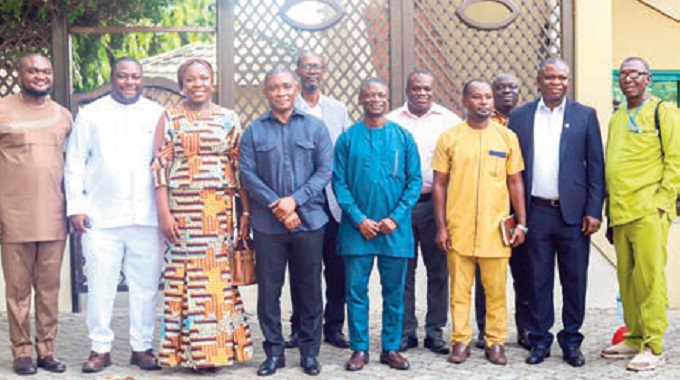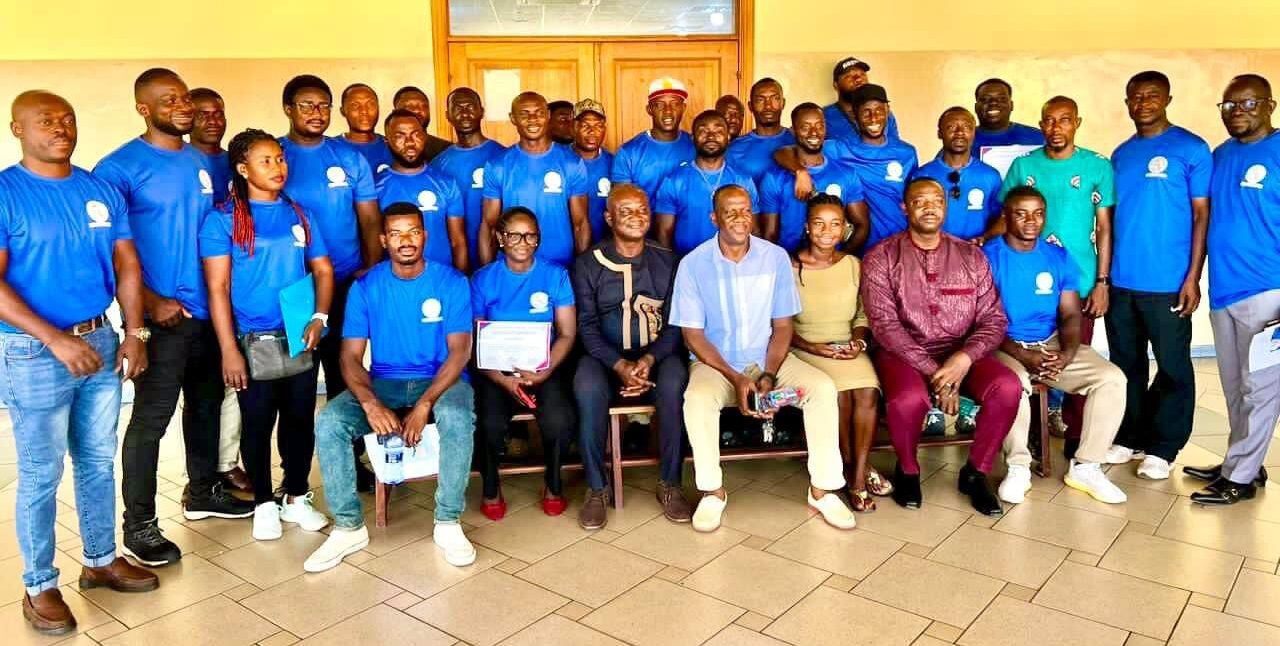
By Bajin D. Pobia, GNA
Piina, UWR, July 3, GNA – Peasant women farmers in the Lambussie District of the Upper West Region has appealed to the Ministry of Food and Agriculture to introduce weighing scale system into the Ghanaian markets.
The women who are into soyabean and groundnuts production under Care International –Ghana funded “Pathways project”, said the introduction of weighting scale as a means of measuring grains and cereals at the markets would help reduce cheating on the part of middlemen who have been using bowls to measure grains and cereals.
Measuring grains and cereals in bowls was not only impoverishing farmers, but it was also not allowing competition, as middlemen continued to monopolize the markets to their advantage and making farmers worst off financially.
The peasant women farmers made the appeal at a two-day “Pathways Project” overview workshop on “Constraints facing women farmers in the agricultural sector” held at Piina in the Lambussie District.
Care International-Ghana organised the forum for traditional rulers, queen mothers, Assembly members and women farmers to enhance the ability of women farmers to work with strategic actors in the district to address their needs in the sector.
The meeting also provided detailed and comprehensive district plan to advance the activities of rural women farmers in the 66 communities that the project was operating.
The participants also appealed to government to give guarantee prices for grains and cereals to encourage farmers to cultivate soyabean and groundnuts in commercial quantities.
They urged Ghanaians in the formal and informal sectors of the economy to endeavour to work harder and shun laziness to enhance productivity to help eliminate poverty.
“Laziness at home, laziness in the offices and laziness in the farms are contributory factors to Ghana’s economic woes.
“Agricultural education should be taken serious at the basic, second cycle and tertiary education levels to produce experts more farmers into the agricultural sectors”, the participants said.
The participants noted that the Ghanaian elites were not interested in farming, considering it as a waste of sources and energy and urged to take up farming as business to increase food production.
They called on government to resource agricultural training institutions to turn out students who would be interested in farming to create competition among themselves and the illiterate farmers to improve agricultural production.
Madam Gladys Assibi Tiah, Care International-Ghana Gender Advisor at Pathways Project, said the project was assisting peasant women farmers to go into soyabean and groundnut production, processing, and marketing, linking the women to marketers, input dealers and duty bearers.
She said soyabean and groundnut cultivation was easier while its yields and nutritional values as well as incomes were higher compared to millet, Bambara beans, sorghum, maize rice, and yam.
Peasant women farmers were also scared about climate change and said cropping of traditional crops was a risk considering the longer periods to maturity
Depending on traditional crops was a gamble because of climate change which contributed to erratic and short rainfall pattern, resulting in low yields, thereby affecting food security and incomes of farmers.
Madam Tiah said the project was working to achieve some of the Sustainable Development Goals which included; Eliminating of poverty, zero hunger, Gender Equality, and Equal access to land among others.
She said the Pathways Project would secure livelihoods through increase poor women farmers productivity and empowerment in more equitable agriculture systems at scale and improved in yields and incomes through adoption of sustainable and intensified agriculture and value addition.
The project was also to improve knowledge, skills, relationships, self-confidence and conviction of poor women farmers, while increasing access to productive resources, assets, markets and appropriate and reliable services and inputs for poor women farmers.
Madam Tiah appealed to the women to develop their own compose fertilizers for use them and for sale for other farmers in the communities to increase crop yields and incomes.
GNA
Read Full Story



























Facebook
Twitter
Pinterest
Instagram
Google+
YouTube
LinkedIn
RSS